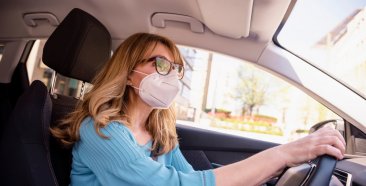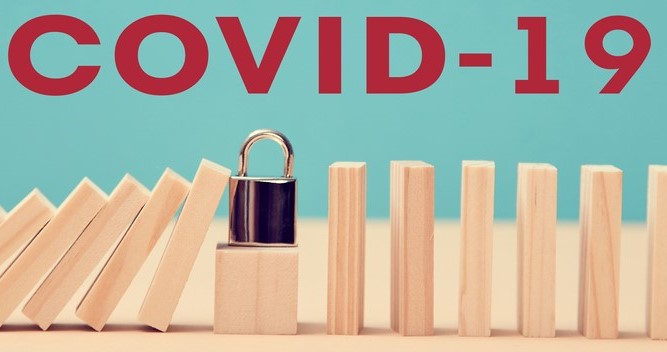
The key to preventing the spread of COVID-19 is to develop good hygiene habits, practice social distancing, and to stay home if you are not feeling well. There is currently no vaccine to prevent the disease, so the best way to avoid getting the illness is to avoid being exposed.
Follow these steps to protect yourself.
Wash Your Hands Often
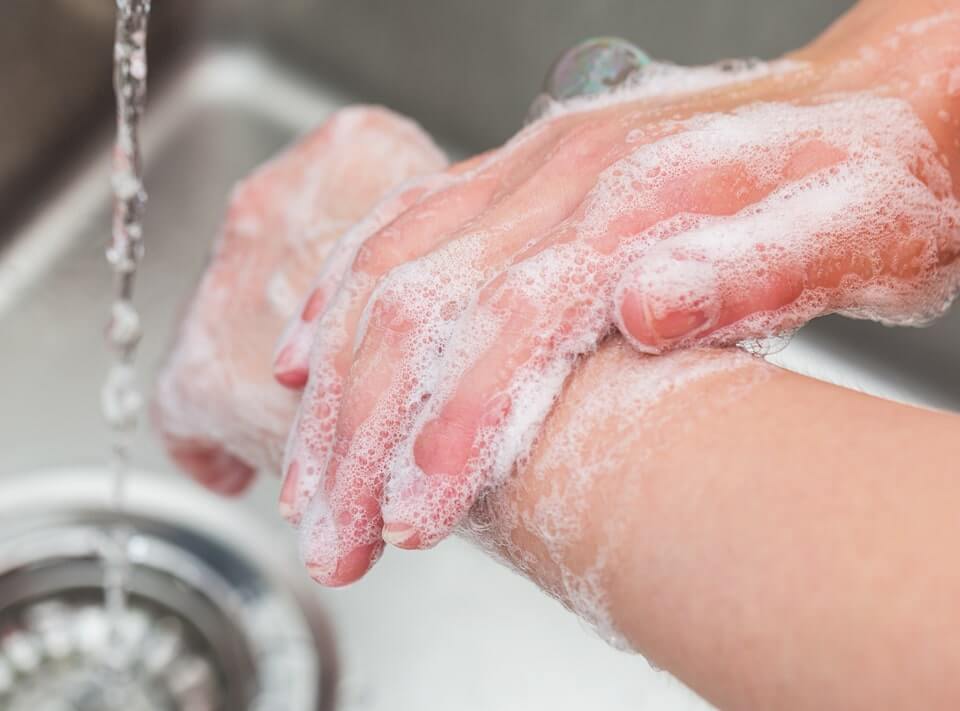
Our parents and teachers have been telling us about the importance of washing our hands since we were toddlers. Washing your hands with soap and water is one of the best ways to make sure the virus is not on your hands.
So, how long should you wash your hands? The Centers for Disease Control and Prevention (CDC) recommend washing your hands for at least 20 seconds after sneezing, coughing, using the bathroom, or after being in any public place. Make sure that you lather your fingers, tips and nails beds, as well as palms and between fingers. If you are somewhere where you don’t have access to soap and water, use a hand sanitizer with at least 60% alcohol. Continue reading to learn why hand sanitizer may not be effective at killing the virus.
Handwashing is our best bet to keep the germs away. Many people have asked, does soap kill germs? According to a recent CNN article, it is the combination of warm water, soap, and scrubbing, “which disrupt the chemical bonds that allow bacteria, viruses, and other germs to stick to surfaces.”
Clean Your Phone
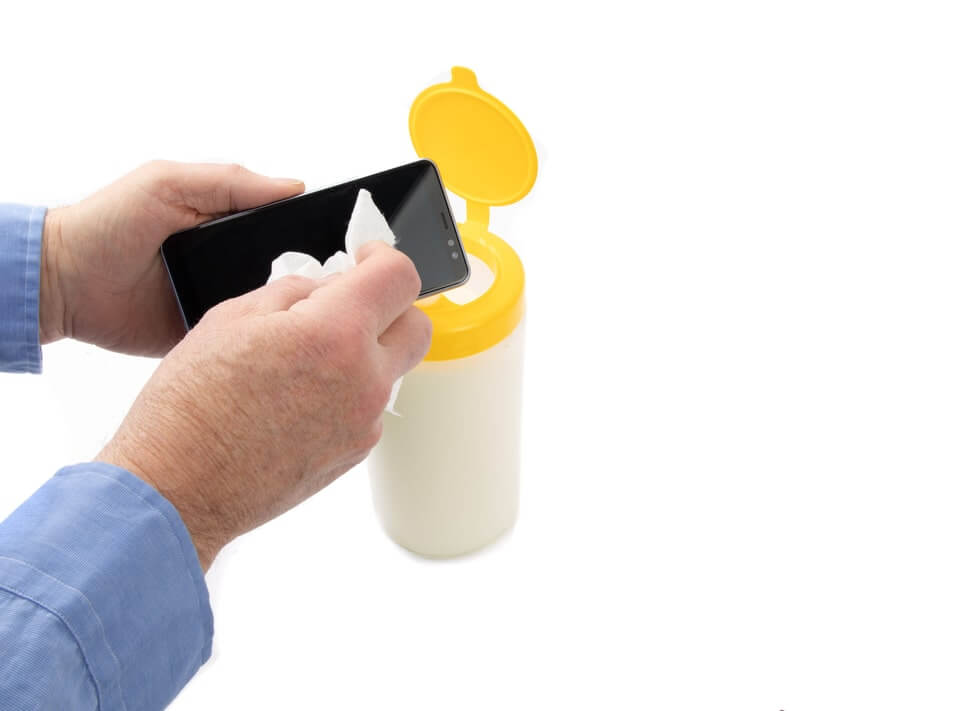
Our smartphones can carry 10 times more bacteria than a toilet seat because of how infrequently they are cleaned. Use caution, though, because some cleaning products could potentially damage your mobile device. Check with your phone manufacturer for the best way to clean and disinfect your phone.
Practice Respiratory Hygiene
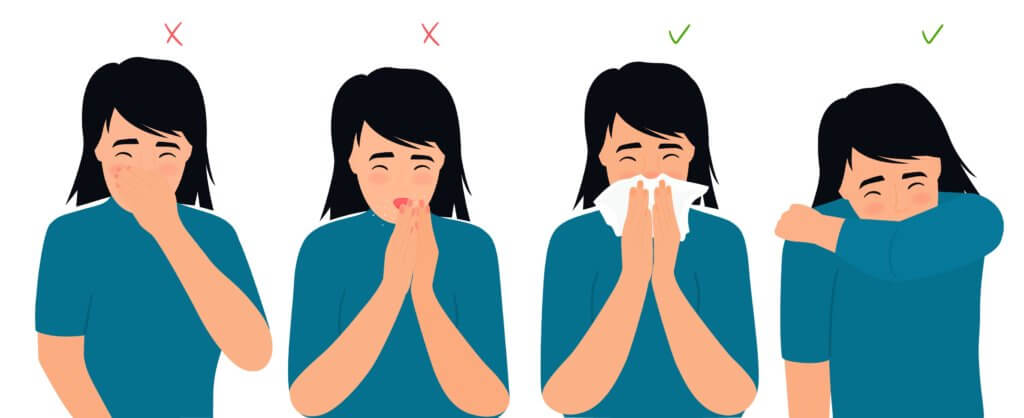
According to the World Health Organization, this means covering your mouth and nose with your bent elbow or tissue when you cough or sneeze—then disposing of the used tissue immediately.
Social Distancing and Self-Quarantine
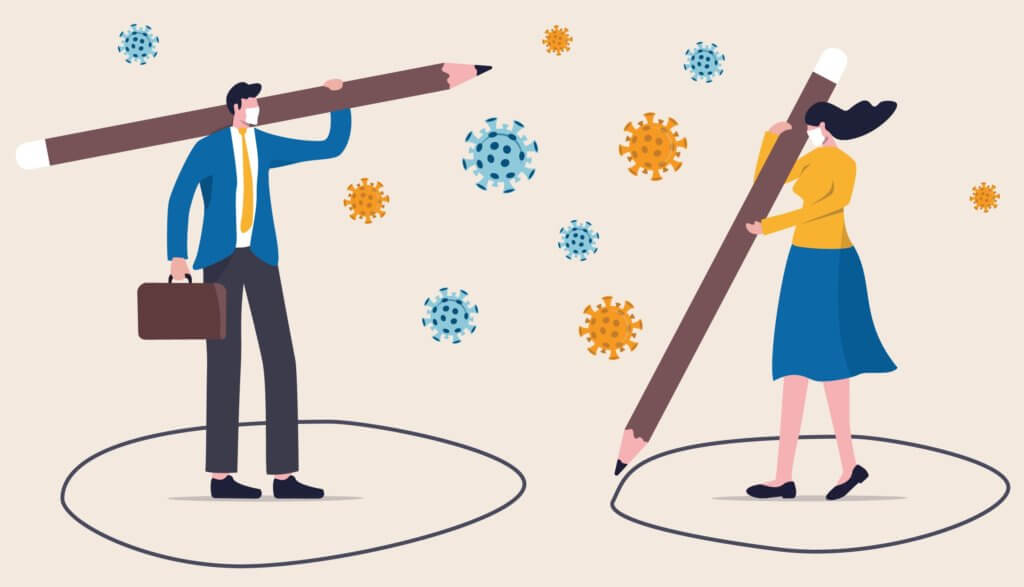
Johns Hopkins Medicine defines social distancing as deliberately increasing the physical space between people to avoid spreading illness. Examples of social distancing, including working from home, canceling events, and switching to online classes. Self-quarantine includes staying at home and not having visitors.
Don’t Shake Hands!
Try waving instead. There are several ways you can say hello or show appreciation while avoiding physical contact.
Why Hand Sanitizer Won’t Work
Hand sanitizers are anti-bacterial, and COVID-19 is a virus. While some hospital grade hand-sanitizers are also anti-viral, the majority of the products available on the shelf are just anti-bacterial.
When should hand antiseptics be used? According to the Wisconsin Department of Trade, Agriculture, & Consumer Protection, hand antiseptics are not substitutes for handwashing, and they should be used only after proper handwashing has been completed.
Personal Hygiene for Kids
Health and hygiene are related. When we all practice good hygiene, we are healthier. It’s no secret that kids can be little germ machines. According to the CDC, children do not appear to be at higher risk for COVID-19 than adults. But kids can carry the virus and spread it to adults, so kids must establish good personal hygiene habits including covering their mouths when they cough, taking regular baths or showers, washing their hands and brushing and flossing teeth.
Lessening the Impact of COVID-19
Poor hygiene can and will spread illnesses. Now is the time to eliminate bad hygiene habits. Every one of us can help slow down the spread of COVID-19. By doing your part, you can make a big difference to your health and that of others around you.
Did you know that Freeway Insurance offers telemedicine coverage? Call us today at 877-410-5215 to enroll in one of our affordable telemedicine plans that allows you to have 24/7 access to a qualified medical professional in the comfort of your home.



